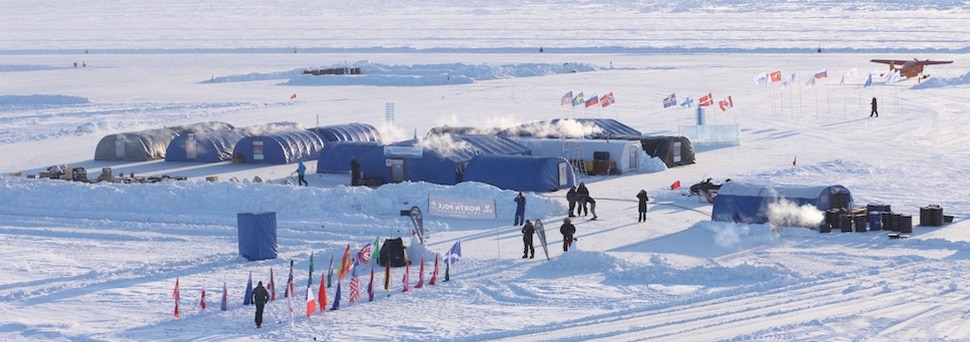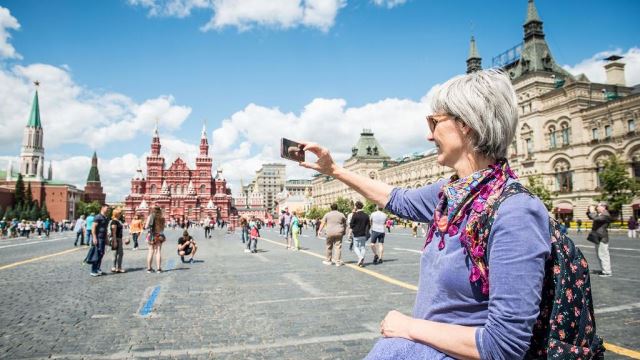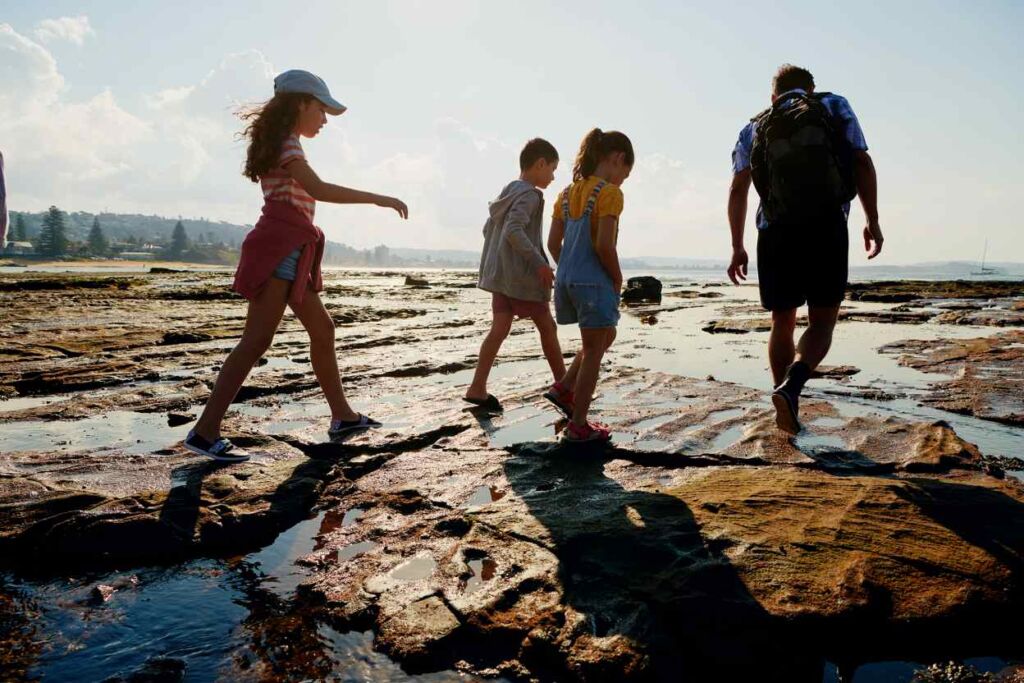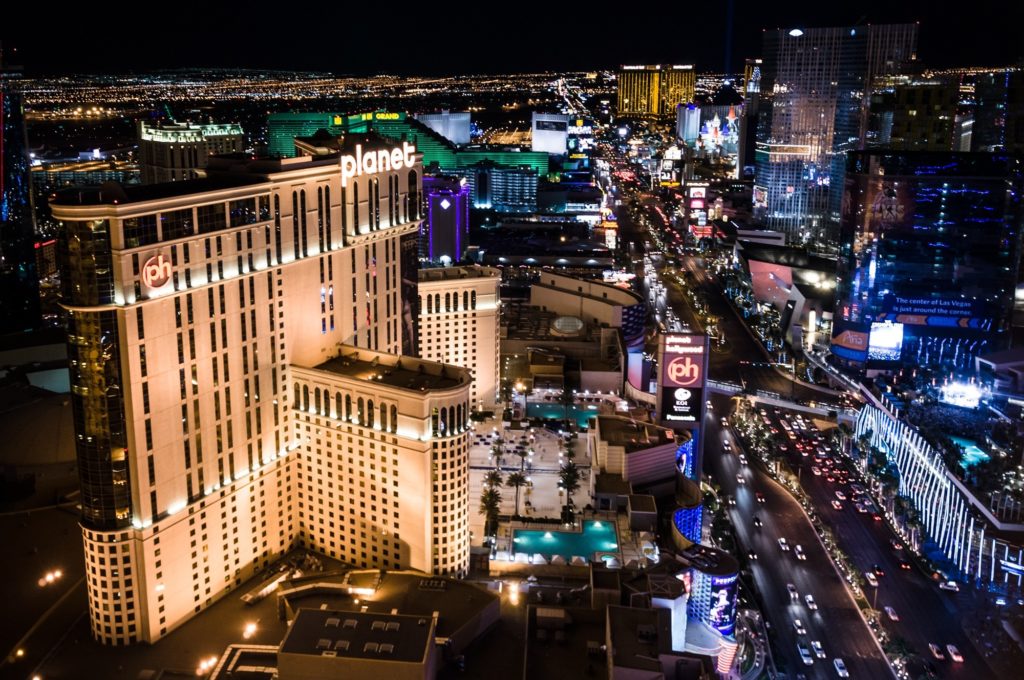Adventure tourism is one of the fastest-growing segments of the tourism industry, with a global market valued at $586.3 billion in 2018, and projected to reach $1,626.7 billion in 2026.
However attractive this sector seems to be, drawing adventure tourists is no easy feat. Adventure travel providers need to understand, first of all, that travel trends and travelers’ preferences keep changing from time to time. What works this year may not work next year. Tourism professionals therefore have to always stay ahead of the curve.
Today, there is a real thirst for authenticity of a destination, bound up with sustainability concerns including support for local businesses, reducing plastic consumption, community outreach and cultural sensitivity, especially in the adventure travel sector.
Adventurers used to prioritise personal challenges and individual thrills. Now that “authenticity” ascends as the travel buzzword, they prefer to immerse themselves in authentic and local culture, from the history and traditions of the place to gastronomic routes and local products.
This change of trend is reflected in the world’s largest tourism source market. Chinese tourists are becoming less satisfied with superficial tourist activities and shopping and increasingly driven by a desire to explore authentic, social and shareable experiences at the destinations they travel to.
Accordingly, adventure tourism providers in many countries are now providing different types of tourism products which create an authentic tourism experience. In Australia, tourists can participate in indigenous tourism activities such as traditional festivals, dances and guided tours, together with aboriginal Australians. Another example is the cookery classes offered in South-East Asian countries such as Thailand, Vietnam and Indonesia, in which tourists have the opportunity to cook with a local chef using local ingredients, recipes and cooking techniques.
Not only do tourists today want to have unique, personalised journeys, they also want to create a positive impact when they travel. According to Booking.com, 72% of travelers makes more sustainable travel choices, and up to 73% of global travelers intends to stay in an eco-friendly or green accommodation.
“Travellers are thinking about who we’re giving our money to, where it’s going and how our actions and that of our accommodation choices could be kinder to people and places,” Juliet Kinsman, founder of bouteco.com, told National Geographic.
Despite good intentions, the survey reveals that 37% of global travelers do not know how to make their travel more sustainable. The challenge thus lies not only on travel providers to have a strategy for sustainability but also to effectively communicate it to their clients.
Some may struggle with initiating sustainability approaches or creating meaningful authentic products, while others do not know how to send a message to the audience.
On February 12-14, 2020, international experts will gather in Kota Kinabalu, Sabah, Malaysia to address these issues as well as discuss opportunities in this dynamic tourism sector at the PATA Adventure Travel Mart and Conference 2020.
Under the theme “Ahead of the Curve: Authenticity and Sustainability in Adventure,” the one-day conference includes concurrent sessions that allow participants to delve deep into the top trending themes in travel: sustainability and authenticity. Each session features a 45-minute presentation, followed by a 1.5-hour workshop with working exercises.
Led by Eric Ricaurte, Founder & CEO, Greenview (Singapore), the Sustainability Track will look into responsible initiatives used by tour operators, accommodations and destinations – and how to message them to clients, including best practice examples from companies around the world and guidance on how to integrate sustainability ideas into day-to-day business operations.
The Authenticity Track will looks at how to integrate adventure elements into tour programmes, including how to identify and use local resources (guides, food, architecture, etc) to create more authentic and meaningful experiences for travellers. This track will be led by Dan Moore, CEO, Consultant, Lead Facilitator, Pandion Consulting & Facilitation (USA).







